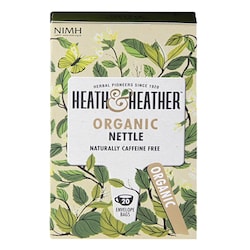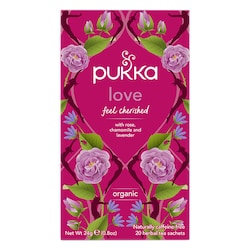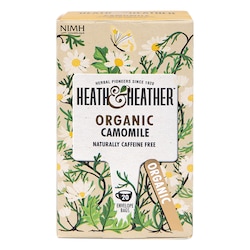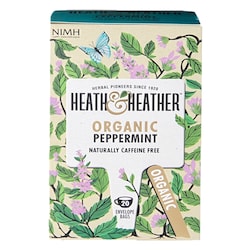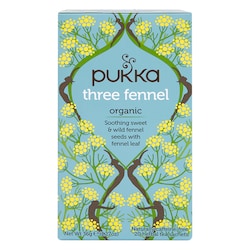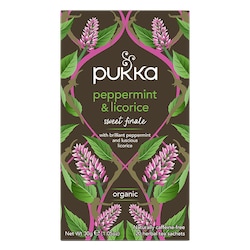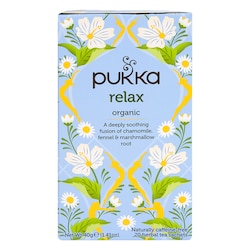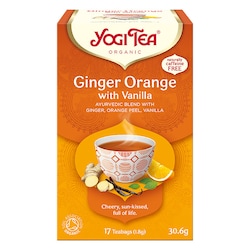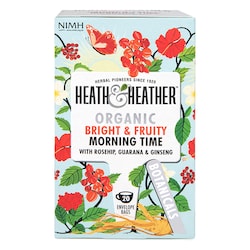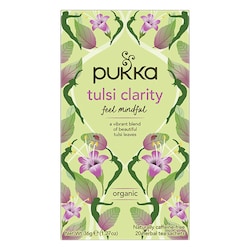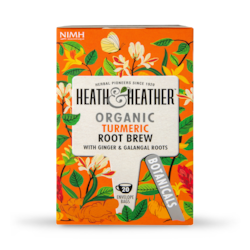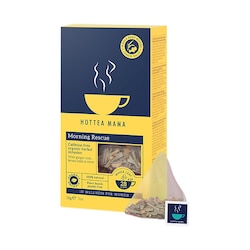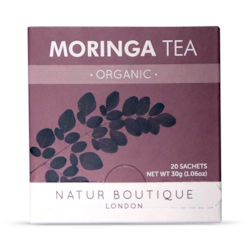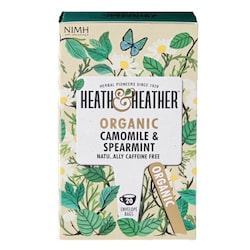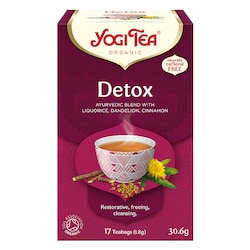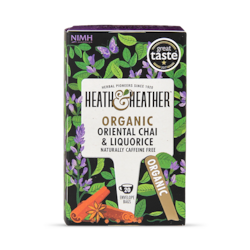15% off £20
Code:OFFER
6 unexpected sources of caffeine and how to manage your intake

Feeling wired but don't know why? Caffeine might be the culprit - hiding in places you'd never expect. Let's uncover the hidden sources and brew up a plan to keep you in control
Summary
1How much caffeine is safe?
While a little bit of caffeine is no problem, drinking more than 400mg a day (300mg in pregnant women) has been linked to problems like high blood..
2Green tea
This warming drink contains about 3mg of caffeine per 29ml – meaning a normal 236ml cup could contain 24mg...
3Energy drinks
The amount of caffeine you take in from these can vary wildly. While 250ml can usually has about 80mg of caffeine...
Trying to cut down on caffeine? Watch out – you could find it in some common food and drinks you don’t expect. When we think of caffeine, we often think of tea or coffee. But caffeine can be found in some far more surprising places.
How much caffeine is safe?
While a little bit of caffeine is no problem, drinking more than 400mg a day (300mg in pregnant women) has been linked to problems like high blood pressure and anxiety.1 The good news is 400mg of caffeine is the amount in around four coffees2 or a whopping 10 cans of diet cola,3 so you don’t have to deprive yourself to stay well under the healthy limit. But if you’re trying to cut back, you might also want to limit some of these surprising sources of caffeine too.
1. Green tea
This warming drink contains about 3mg of caffeine per 29ml – meaning a normal 236ml cup could contain 24mg. How you brew your green tea can change the caffeine content though. A 2001 study published in the Journal of Agricultural and Food Chemistry found brewing your green tea for 30 seconds rather than two minutes halves its caffeine content. Teabags also contain less caffeine than the leaves.4
2. Energy drinks
The amount of caffeine you take in from these can vary wildly. While 250ml can usually has about 80mg of caffeine (around the same as an instant coffee), a 60ml energy shot-type product can contain anything from 80mg to 160mg.5
3. Chocolate
Caffeine is found in cocoa beans too. The higher the cocoa content of a bar – or other chocolate-based product like chocolate ice cream – the higher the caffeine content. Even so, most 50g bars of dark chocolate brands in the UK contain less than 25mg of caffeine and milk bars have less than 10mg.6
4. Energy Bars
Some energy bars contain caffeine to give you a lift. And don’t forget that those containing chocolate or green tea will contain a little extra punch; both are natural sources of caffeine.
5. Painkillers
Read the label carefully before you buy – caffeine is put into some painkillers as it helps their active ingredients get to work. A pill can contain around 65mg, around the same as a mug of tea.7,8
6. Decaffeinated coffee
There are a few different ways of extracting the caffeine from coffee beans, but none of them eliminate it entirely: a 236ml standard cup of decaffeinated coffee still contains about 2mg of caffeine.9 But at least that’s unlikely to keep you up at night.
Advice is for information only and should not replace medical care. Please check with your GP before trying any remedies.
1. Wikoff D, et al. Systematic review of the potential adverse effects of caffeine consumption in healthy adults, pregnant women, adolescents, and children. Available from: https://www.sciencedirect.com/science/article/pii/S0278691517301709
2. Mitchell DC et al. Assessing dietary exposure to caffeine from beverages in the US population using brand-specific versus category-specific caffeine values. Available from: https://www.sciencedirect.com/science/article/pii/S0278691515001039#t0010
3. NHS Choices. Should I limit caffeine during pregnancy or not? Available from: https://www.nhs.uk/chq/Pages/limit-caffeine-during-pregnancy.aspx?CategoryID=54&SubCategoryID=216
4. Astill et al. Factors affecting the caffeine and polyphenol contents of black and green tea infusions. Available from: https://pubs.acs.org/doi/abs/10.1021/jf010759+
5. Food Standards Agency. High caffeine ‘energy’ drinks and other foods containing caffeine. Available from: http://energydrink-uk.redbull.com/red-bull-caffeine-content
6. As Source 3
7. British Heart Foundation. Painkillers: Common questions answered. Available from: https://www.bhf.org.uk/heart-matters-magazine/medical/drug-cabinet/painkillers/top-questions-about-painkillers
8. As Source 6
9. As Source 2


